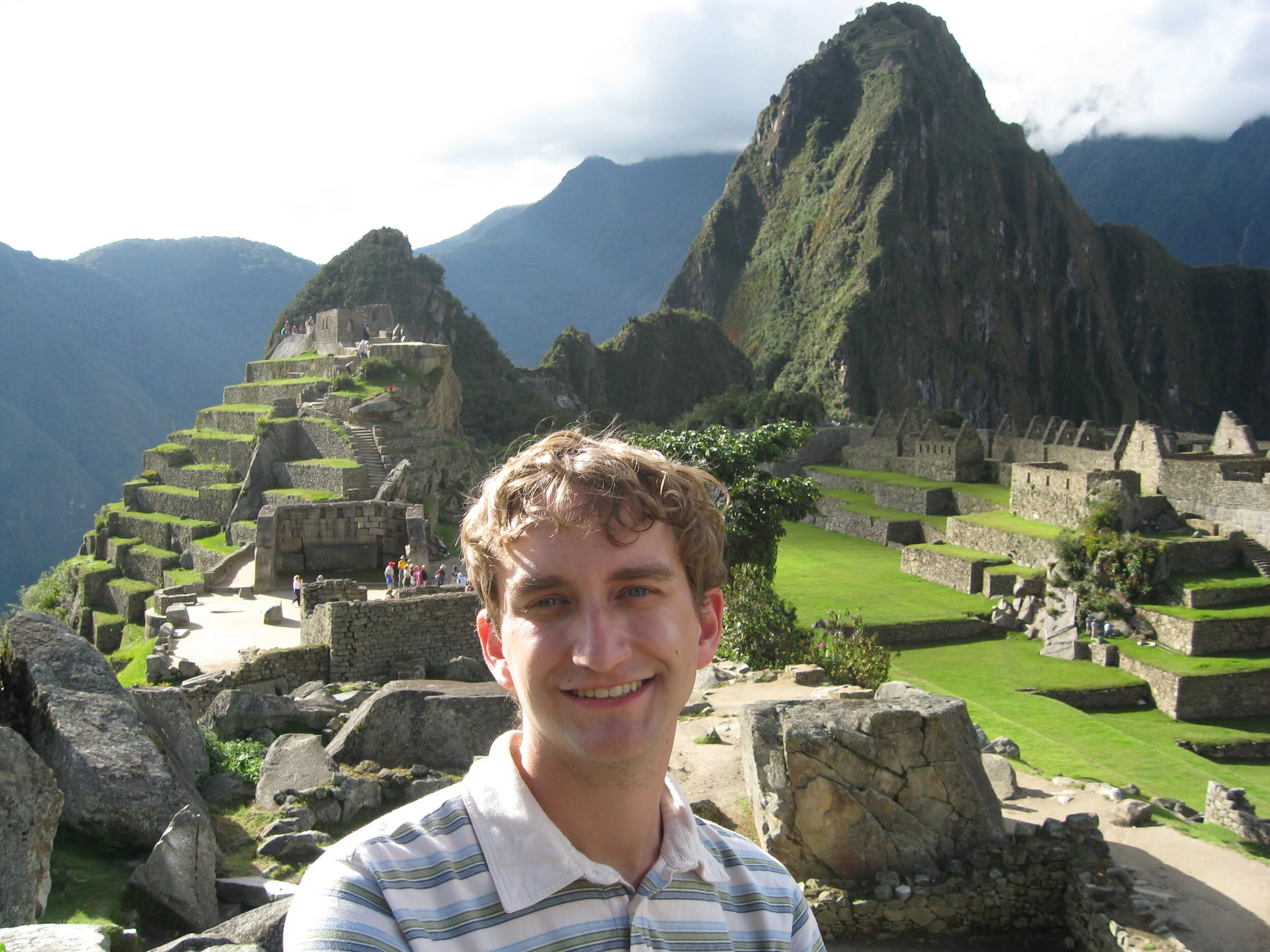Remembering a Call to Actively Love
By Brandon Peters, MD
In the midst of the devastating effects of the coronavirus pandemic, I am reminded to return to the foundations of my profession, the idealism that led to my pursuit of a career in medicine. To this end, I share what I said as class speaker upon graduation from medical school at Oregon Health & Science University in Portland on June 3, 2008. This speech was given moments after we collectively had recited a modern version of the Hippocratic Oath, based on the Declaration of Geneva. I hope that these words may inspire us through these difficult times, as they have served to strengthen me through the years.
Honored guests, distinguished faculty, my fellow graduates:
In the past weeks, while traveling the dusty roads of South America, I reread one of my favorite novels, The Brothers Karamazov by Fyodor Dostoevsky. It was an important complement to my journey and presented a fitting juxtaposition: as I read about the nature of evil and, more particularly, human suffering, I peered out the window and saw how often I was in its very midst. I realized that reading about suffering—or witnessing it first-hand—is futile unless one subsequently works to end it. And I began to wonder about the implications, about the wider potential for a similar disconnect.
Occasionally in our lives we commit ourselves to high-falutin’ ideals, proclaim noble principles our aim, and, as we just did, swear grandiose oaths. Yet these are meaningless words if they are not put into practice. Ideals are not vases to be placed on high shelves; they should be worn shovels put to hard and frequent use.
Without question, trials abound. The uncompromising, unyielding realities of life wear on, like waves pounding a lonely shore. It is here in these daily tests of our resolve that our ideals are strengthened through application—or, here, that we risk losing them to the insidious influences of cynicism and indifference. We must not surrender our ideals to these influences. In the words of the poet Dylan Thomas: “Do not go gentle into that good night / Rage, rage against the dying of the light.”
Within medicine, there is a danger of disengaging, of becoming aloof or insensitive. In The Brothers Karamazov this is eloquently illustrated by a doctor who has lost his ability to actively love. The doctor insists, “I love mankind, but I am amazed at myself: the more I love mankind in general, the less I love people in particular.” In his dreams and aspirations he is passionately devoted to serving others, yet when they manifest, imperfect, in his office, he is revolted. It is good to have such noble ambitions, to strive for such virtue, but unless this can be conveyed through service, it is lost.
In a preceding passage, a woman thinks and dreams of nursing those who suffer, but wonders if she has the resolve to practice her ideals. She says, “I ask myself: could you stand it for long on such a path? And if the sick man does not respond immediately with gratitude but, on the contrary, begins tormenting you with his whims, not appreciating and not noticing your philanthropic ministry, if he begins to shout at you, to make rude demands, even to complain—what then? Will you go on loving, or not?”
Ultimately, what is this, this concept of “active love”? It is the application of ideals. It “is a harsh and fearful thing compared with love in dreams. Love in dreams thirsts for immediate action, quickly performed, and with everyone watching … Whereas active love is labor and perseverance.” It is not a love enforced by duty; the nature of active love is that once we love, we immediately must also begin to help. It is the worthwhile, unending task that lies before us.
In engaging in such a task, we rely on those individuals and institutions that are at once formational and foundational to our lives. It is as certain as it has likely been unsaid: we would not be here today had it not been for each of you who presently surround us and countless others who are with us in spirit. We share our success—we revel in it and celebrate it—with all of those who have supported us.
It is thus that I leave you: with wishes of luck and love and joy we begin our lives anew, recommitting ourselves to ideals that initially swept us toward this noble calling. The work at hand, the application of these ideals, surely benefits from individuals who with great pride I have had the privilege to call my colleagues over the past four years and who, today, are called into the service of active love.
Brandon Peters, MD, is the writer on sleep for Verywell.com, a neurology-trained sleep medicine specialist at Virginia Mason Medical Center in Seattle, and adjunct lecturer at the Stanford Center for Sleep Sciences and Medicine.
